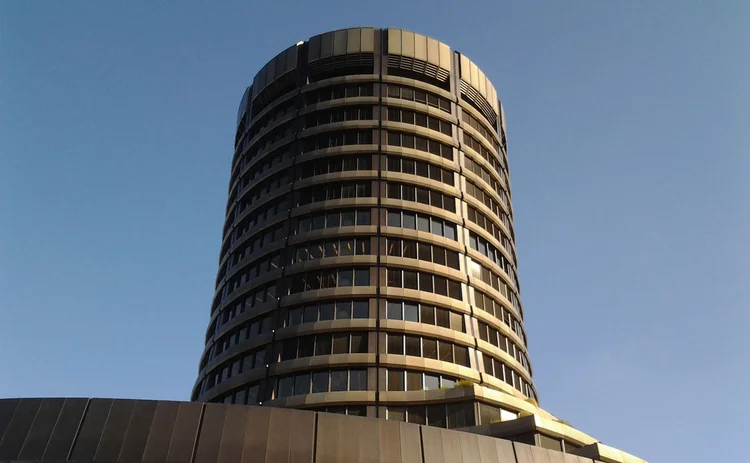
Monetary policy’s potency may wane over time – BIS paper
Low rates might cause aggregate demand to become less sensitive to monetary stimulus, authors say

Persistent low interest rates could make aggregate demand less sensitive to monetary stimulus, creating additional challenges for central banks, research published by the Bank for International Settlements finds.
Authors Rashad Ahmed, Claudio Borio, Piti Disyatat and Boris Hofmann examine panel data on 18 advanced economies starting in 1985. They find that not only are low rates associated with a steepening of the investment/saving curve, but this effect strengthens over time. A steeper IS
Only users who have a paid subscription or are part of a corporate subscription are able to print or copy content.
To access these options, along with all other subscription benefits, please contact info@centralbanking.com or view our subscription options here: http://subscriptions.centralbanking.com/subscribe
You are currently unable to print this content. Please contact info@centralbanking.com to find out more.
You are currently unable to copy this content. Please contact info@centralbanking.com to find out more.
Copyright Infopro Digital Limited. All rights reserved.
As outlined in our terms and conditions, https://www.infopro-digital.com/terms-and-conditions/subscriptions/ (point 2.4), printing is limited to a single copy.
If you would like to purchase additional rights please email info@centralbanking.com
Copyright Infopro Digital Limited. All rights reserved.
You may share this content using our article tools. As outlined in our terms and conditions, https://www.infopro-digital.com/terms-and-conditions/subscriptions/ (clause 2.4), an Authorised User may only make one copy of the materials for their own personal use. You must also comply with the restrictions in clause 2.5.
If you would like to purchase additional rights please email info@centralbanking.com







